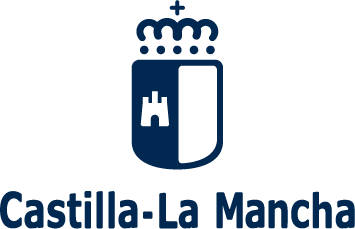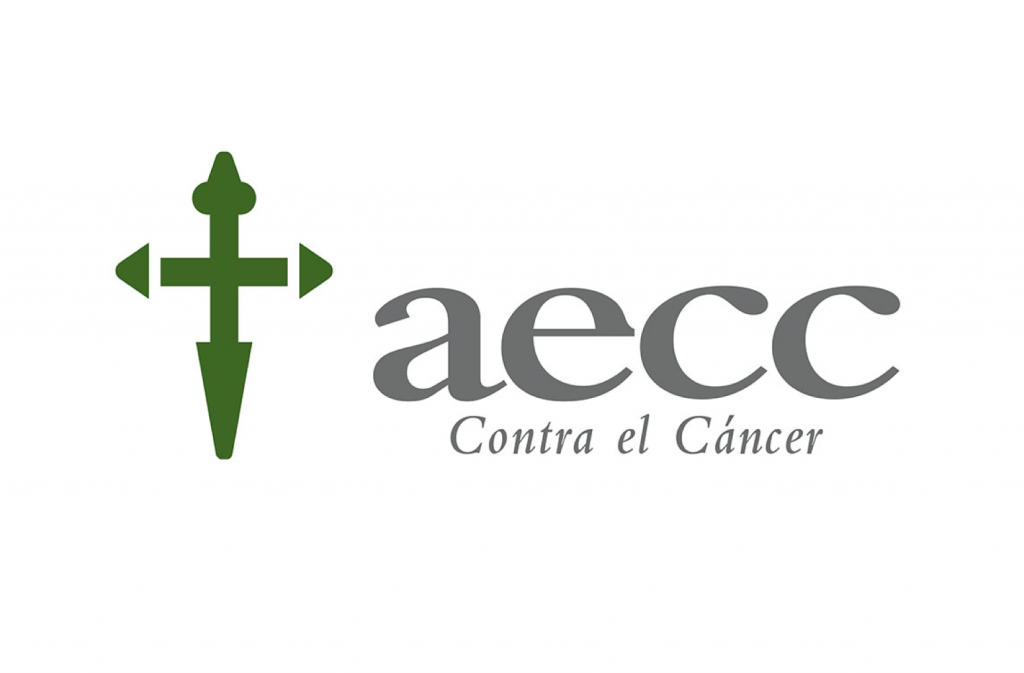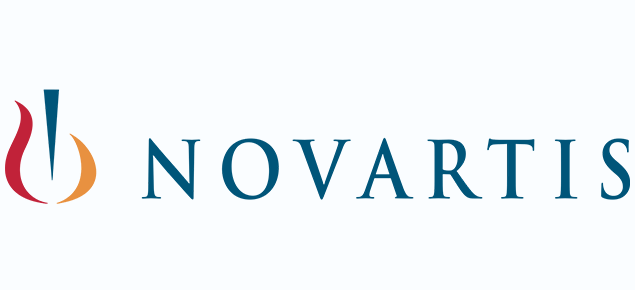Optimization of CAR T cells treatments of hematological malignancies: An integrated human data-based approach using mathematical models
Cancer immunotherapies use components of the patient immune system to selectively target and attack tumor cells. Immunotherapies are an effective treatment option for hematological malignancies. The most successful type of immunotherapy today is Chimeric antigen receptor (CAR) T cell. This treatment consists of helping T cells to fight cancer by changing them in the lab so they can find and destroy cancer cells. CAR T cell therapies have shown relevant results in patients with B cell malignancies such as leukemia, lymphoma, and multiple myeloma. However, relapsed, or refractory B-cell malignancies after two or more line of therapy have a poor prognosis.













